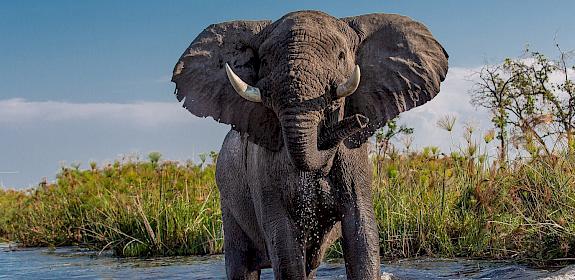Notes:
Executive summary (4 MB)
Overall conclusions and recommendations (1 MB)
Assessments of each of the ASEAN countries (17 MB)
Relevant photos and captions for media use are available here.
About Wildlife TRAPS
The Wildlife TRAPS Project, implemented by TRAFFIC and IUCN with funding support from USAID, is helping to forge cross-sectoral partnerships with government and experts in inter-governmental organisations, NGOs, academia, and the private sector to identify risk mitigation strategies to prevent future zoonotic spillover potential associated with trade in wild animals.
As well as social and behavioural change interventions, the Wildlife TRAPS project is supporting policy and regulatory reform efforts, including strengthening supply chain management systems. The identification of critical control points within wildlife trade supply chains will help target illicit and other high-risk wildlife trade practices that may facilitate the transmission of zoonotic diseases.





